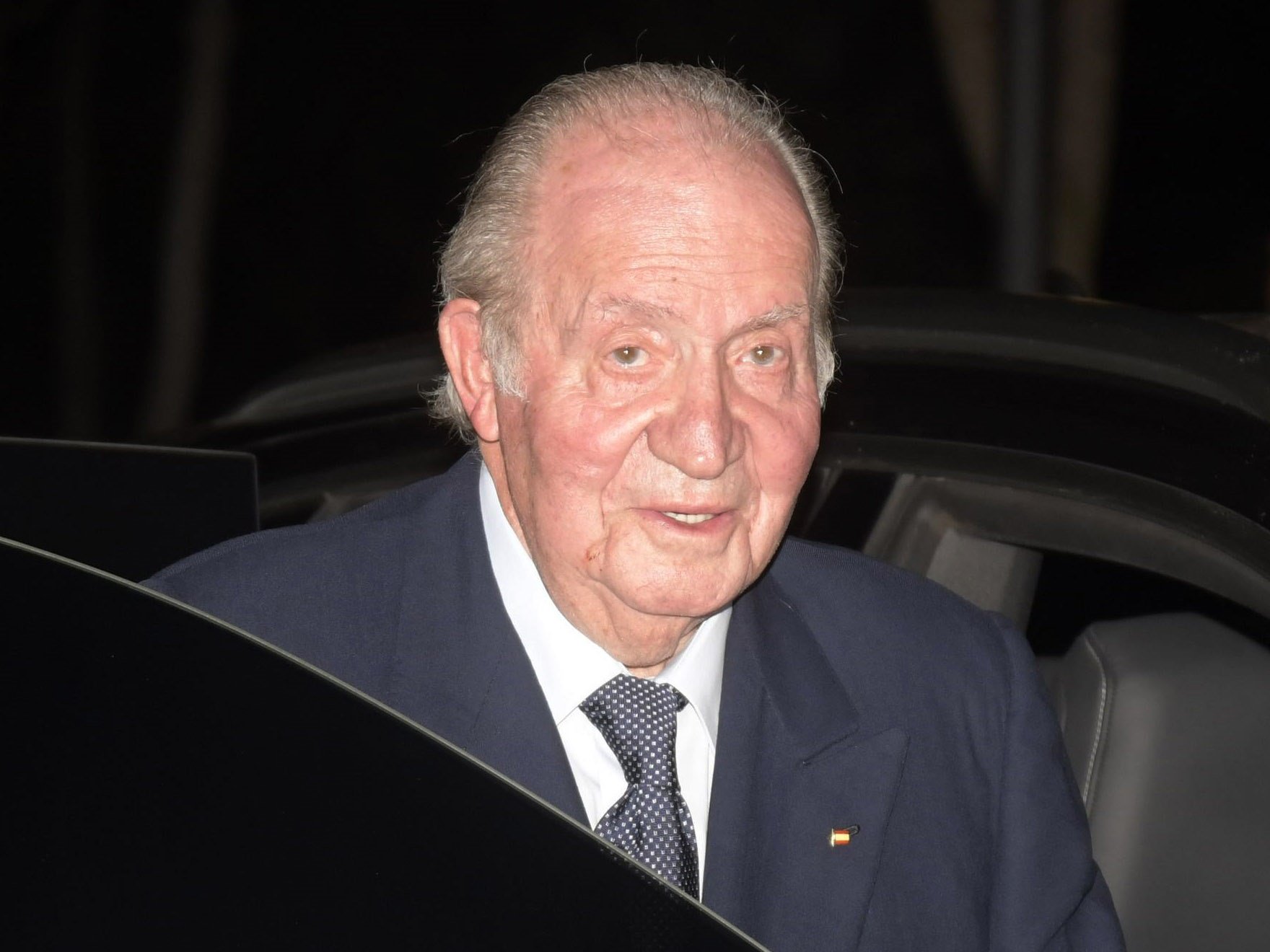The public prosecutors assigned to Spain's Supreme Court are very clear about it: Spain's king emeritus Juan Carlos I amassed his fortune thanks to "commissions and other benefits of a similar nature by virtue of his work as an intermediary in international business affairs."
Madrid-based newspaper El Mundo has had access to the letter rogatory that the deputy prosecutor of the Supreme Court, Juan Ignacio Campos, delivered to the Swiss authorities. A letter rogatory is used by judicial authorities to perform a specified act that would violate another country's sovereignty if done without the foreign judiciary's approval, in this case to obtain information on the assets of a person to be used as evidence.
The rogatory has meant that Spanish prosecutors have for the first time made statements on the origin of the large sums of money that Juan Carlos I has held in hidden accounts for many years.
Former king's four alleged crimes
Campos and his team of prosecutors say they have evidence that the money being investigated from the emeritus "is of illicit origin." Thus, on this basis, they see indications of four crimes having been committed: "money laundering, crimes against the public treasury, bribery and influence peddling."
With all this information, explains El Mundo, in February this year the deputy public prosecutor of the Spanish Supreme Court requested information from Switzerland on all the accounts that the Zagatka Foundation has in the country. This entity, owned by Juan Carlos's cousin, Alvaro of Orleans, was responsible for paying personal expenses of the former Spanish head of state via open deposits in banks such as Credit Suisse and Lombard Odier.
The Spanish prosecutors tell the Swiss authorities that they are also investigating possible "actions of concealment, transformation, transmission, conversion and/or possession of funds" controlled by "Don Juan Carlos de Borbón y Borbón, a person with partial protection before the Supreme Court". Campos explains that he is trying to find out the origin of the funds that were not declared to the Spanish taxation department, and the details of the use of these funds belonging to the emeritus in the mentioned operations.
The prosecutors, the newspaper quotes, recall that they were alerted that "between 2017 and 2018, Mexican businessman Allen Sanginés-Krause made six transfers to an account owned by Nicolás Murga Mendoza," Spanish army colonel and "right hand man of the emeritus".
Felipe, Elena and Cristina
Campos goes on to state that part of the funds received by the former head of state were transferred to the accounts of members of the Spanish royal family or people in his closest circle. In addition, all this information that Campos has sent to Switzerland notes that these sums may come from the Zagatka Foundation. According to the regulations of the foundation, its beneficiaries were Juan Carlos I and his children, current king Felipe VI, and the infantas Elena and Cristina. The three adult children are no longer beneficiaries; at the latest they held that status until an amendment of the regulation in 2018.
The prosecutors also refer to the former king's regularizations of his obligations to the Spanish tax department and indicate that these "strengthen all their arguments."
At the moment, the prosecutors are awaiting a final opinion from the Spanish tax department on whether the regularizations of the former king are complete and correct. Despite the evidence which the letter rogatory shows has been built up, the Spanish prosecutors find it difficult to lodge a complaint against Juan Carlos I before the criminal chamber of the Spanish Supreme Court.
Main photo: Spain's king emeritus Juan Carlos I / Europa Press

